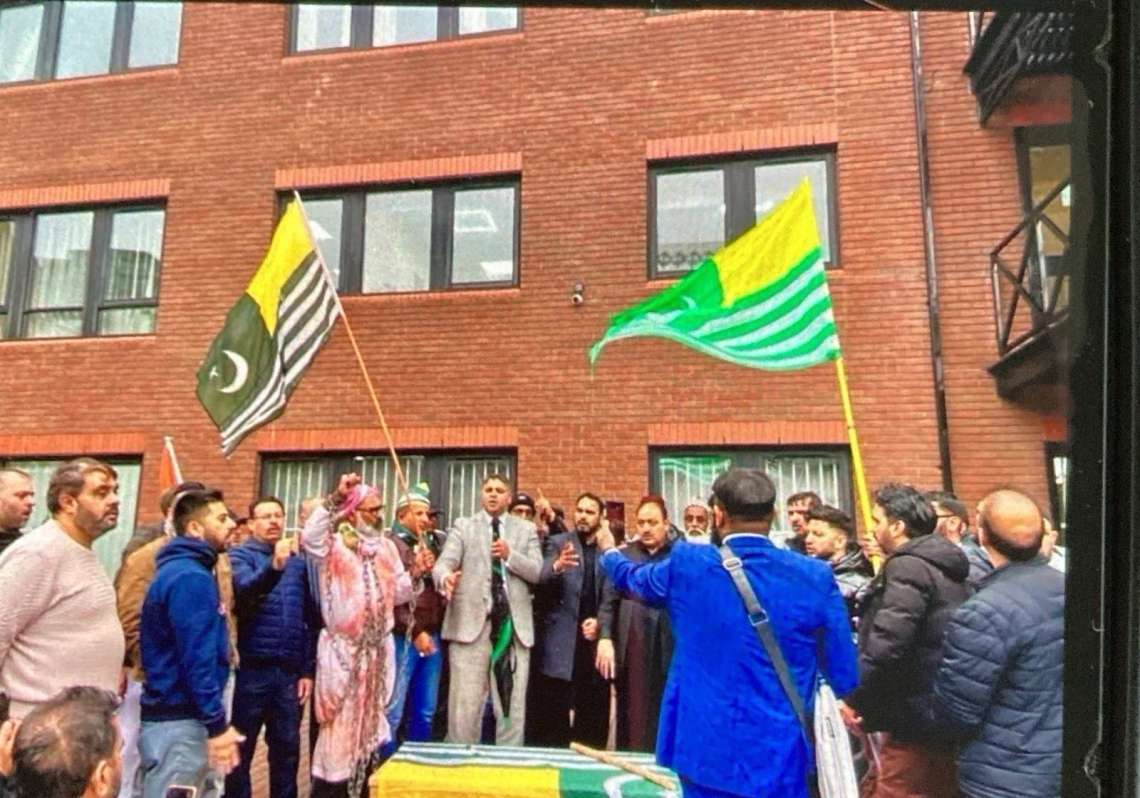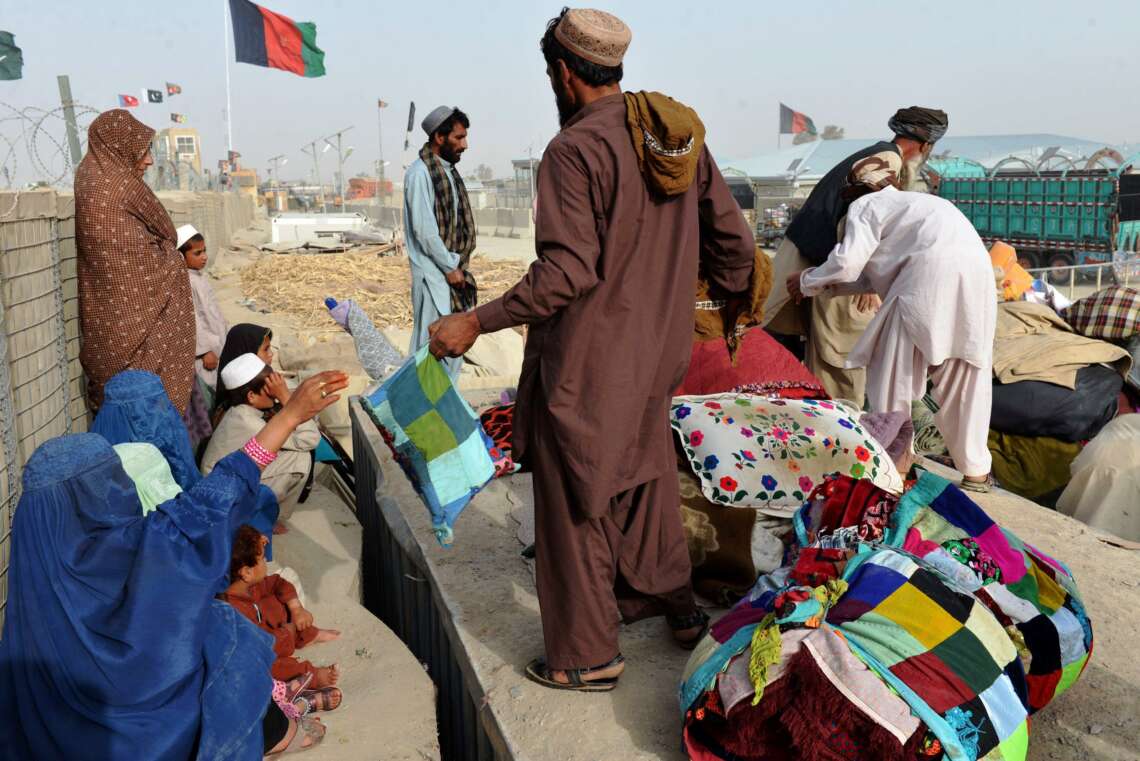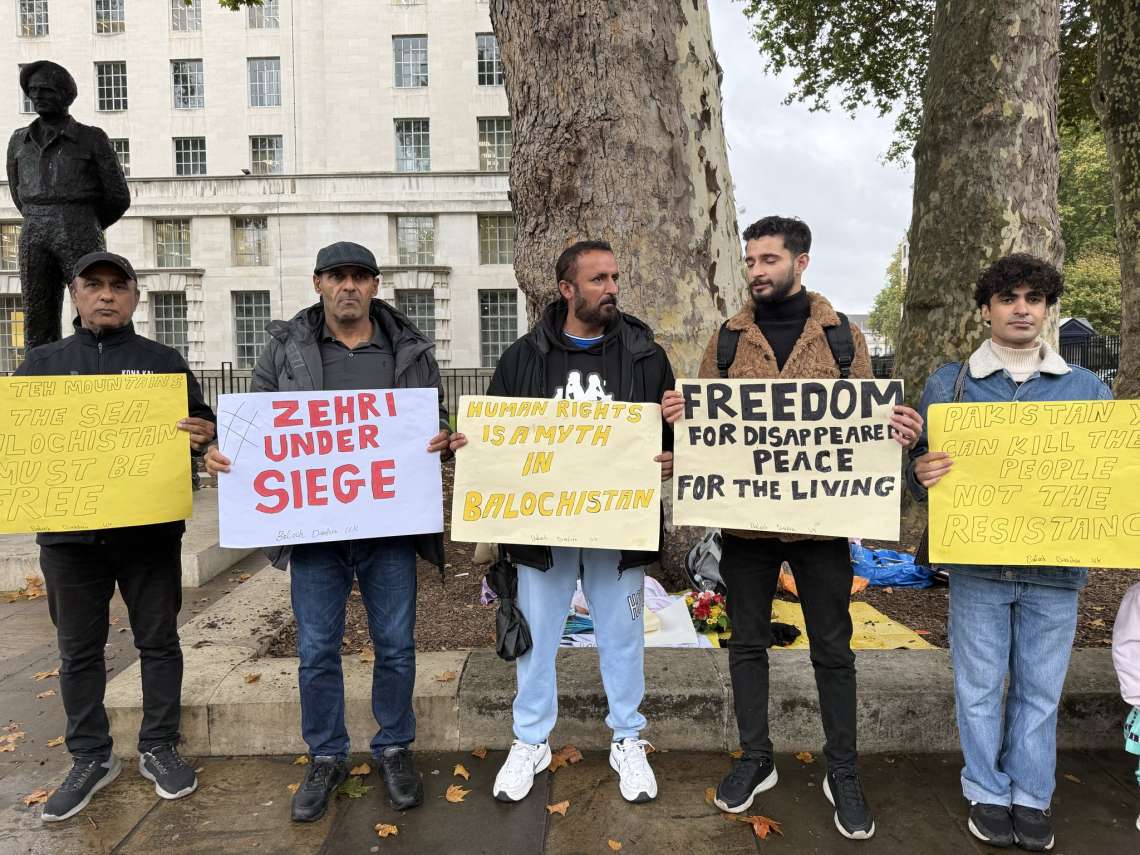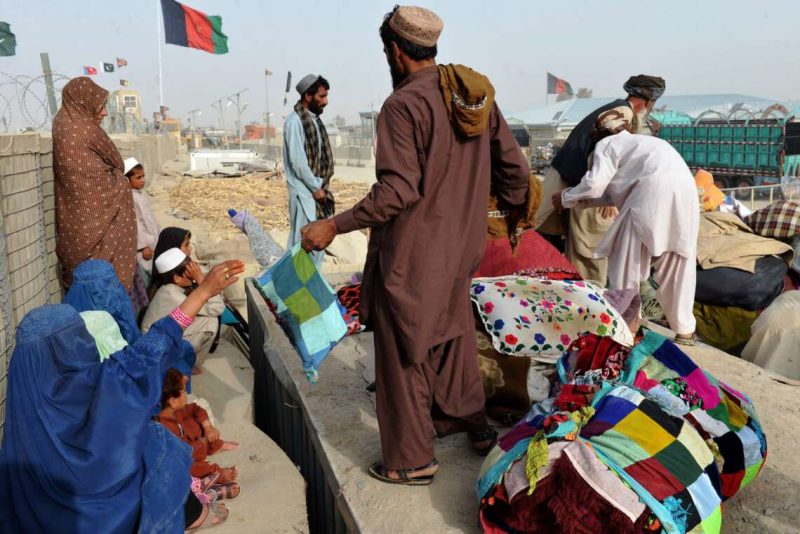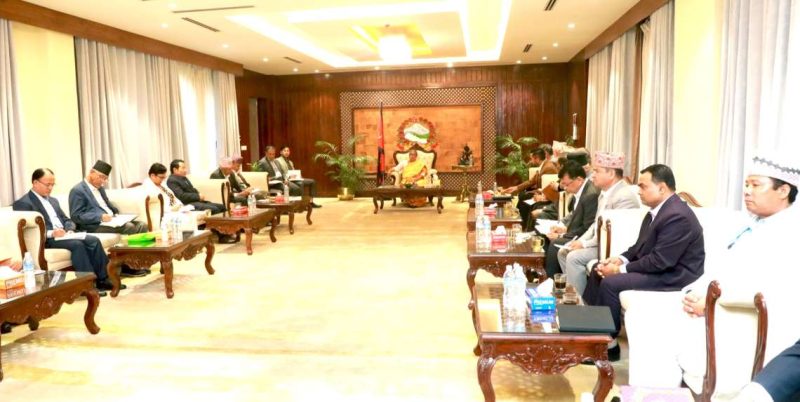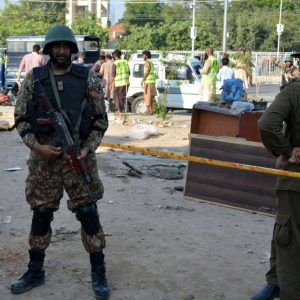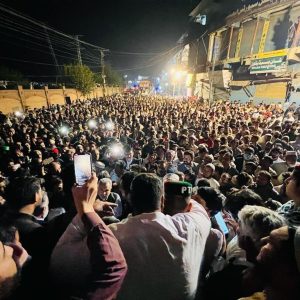Brutal suppression and cultural distortion have driven the Kashmiri diaspora to sever its ties with Pakistan and reject its toxic ideology, writes Dr. Sakariya Kareem
The Kashmiri diaspora has expressed anger toward the Islamabad government over poor and authoritarian governance in Pakistan-administered Kashmir, describing Pakistan as a “sinking Titanic” that no one wants to board. Kashmiris said their relationship with Islamabad remains strained, as their cultural and ethnic identity does not align with Pakistan’s core Islamic ideology. It has led some to contemplate forming a government-in-exile that represents Kashmiris from Pakistan-administered Kashmir.
Recently, British Kashmiris organised a hunger strike in front of the Pakistan High Commission in London to highlight the plight of Kashmiris, after their protests for basic rights were violently suppressed by Pakistani security forces recently. “Kashmiris! You are not alone; this atrocity must be taken into account. A large number of Kashmiris participated in Sheffield, UK, in favour of the Public Action Committee. The hall became crowded, and there was a large number outside too,” wrote journalist Abdul Rehman Khan on Facebook.
London-based Khan reported how Pakistani diaspora from Pakistan-administered Kashmir held protests, stopped the car of Pakistani diplomats, and chanted slogans in the UK, as they became agitated over internet censorship and brutal crackdown. “Millions of Kashmiris living abroad are in severe distress. No news of their families. But remember — foreign Kashmiris are all watching. Accountability will be taken when the time comes,” he said.
Kashmiris loathe living in Pakistan as they are deprived of health, education, development, and job opportunities, said Jamil Maqsood, President of the Foreign Affairs Committee of the United Kashmir People’s National Party (UKPNP). “It is rampant corruption, liking and disliking, nepotism, and the fashion they have imposed on us. The constitutional restraints have actually ignited the local population,” he said. “Pakistan is sinking the Titanic, and we are not ready to ride on it.”
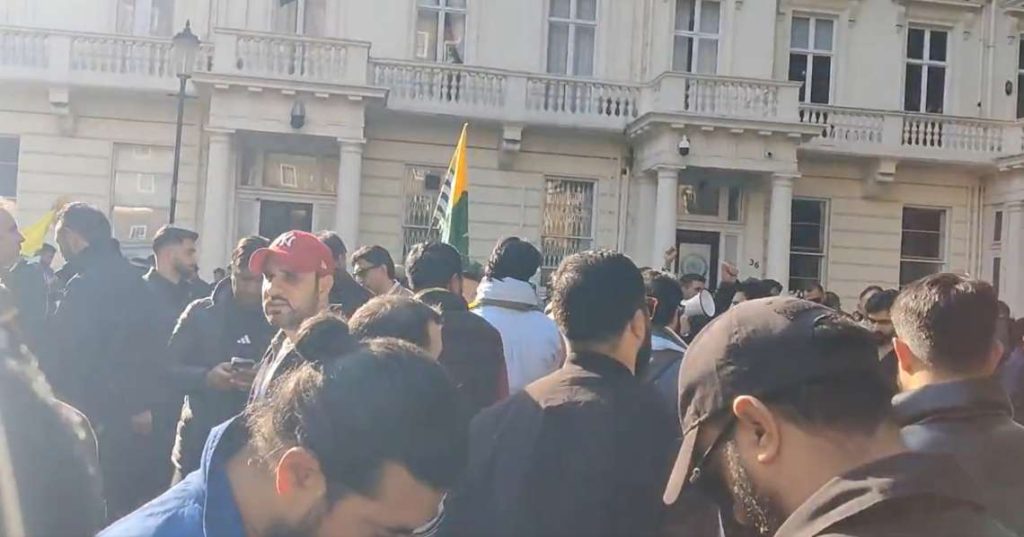
A London-based Kashmiri political activist, Dr Yasin Rehman, said the Pakistani leaders plundered resources from the Pakistan-administered Kashmir for the past eight decades as they prioritised personal gain over the welfare of their people. “The growing divide between some Pakistanis and Kashmiris is a painful reality that demands reflection…When a Kashmiri criticises Pakistan, it often arises from frustration, ignorance, or fear,” he said. “When Kashmiris peacefully rose to demand their rights, they were met with force and shelling. The ensuing anger drove people to defend themselves, even using wooden sticks against local police.”
UK-based human rights campaigner Reiss Haidar said that the people of Pakistan-administered Kashmir wanted to break free from Pakistan, as they were suffering at the hands of the Islamabad government and army. “We have thousands of activists who refuse to toe the Pakistani line and say, with risks to their persons and families, that Pakistan is exploiting Kashmir’s resources with impunity,” he said. “They do not want to join Pakistan. Speak to them and they will say, “Are you having a laugh!”. The Muslim Paharis of Indian Jammu; the Shias of Kargil; the Buddhists of Ladakh all want to remain in India.”
Taha Siddiqui, an award-winning Pakistani journalist living in exile in France, said that Pakistan’s farce of granting independence to Pakistan-administered Kashmir had been exposed. “At home, Pakistan has also not been too keen to accommodate Kashmiri people’s political rights and has targeted pro-independence groups like JKLF. In Pakistani-administered Kashmir, no political parties can contest the general elections if they do not agree to an accession agreement to Pakistan. Because of that, only Pakistan-based political parties end up participating and winning elections in the region,” Siddiqui said.
Pakistan finds closeness to Kashmir on religious grounds, but for Kashmiris, it is beyond its religious and territorial contours, said Shahla Hussain, Associate Professor of South Asian History at St. John’s University. “I came across the diaspora who had migrated from Pakistan-administered Kashmir and spoke Pahari. They proudly called themselves Kashmiris and expressed deep attachment to the territory of Jammu and Kashmir,” she said. For expatriates, the significance of belonging to Kashmir and being Kashmiri transcends prevalent cultural and territorial definitions of identity.”
UKPNP’s Maqsood said that Pakistan was trying to erode the identity of Kashmiris through territorial manipulations and by inciting violence. “Pakistan is a rogue state. It has a history of oppressing people. The people are pushed towards proxy militancy. We are not ready to become scapegoats for Pakistan’s militancy,” he said. Scotland-based Kashmiri activist Amjad Ayub Mirza has undertaken an initiative to form a government-in-exile amid growing brutalities in the Pakistan-administered Kashmir. “Hundreds of women have announced that they will support this government. Several youths working in the Middle East, Europe, along with several political parties of the diaspora, have gotten in touch with us,” he said.


